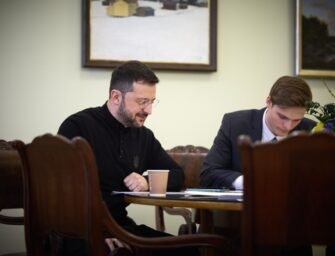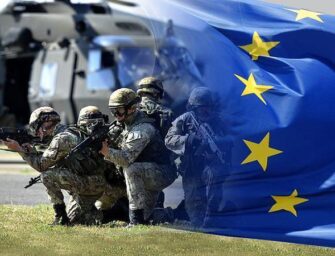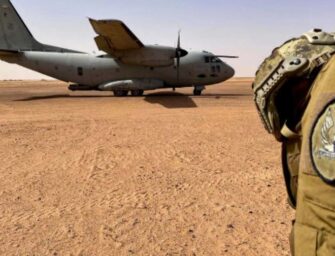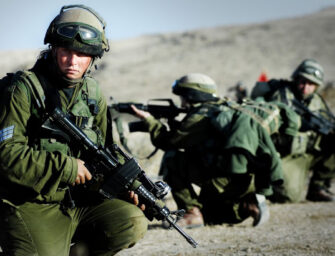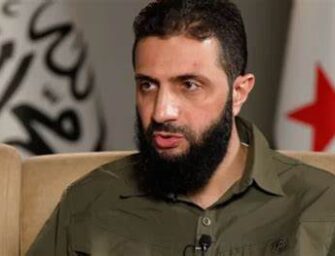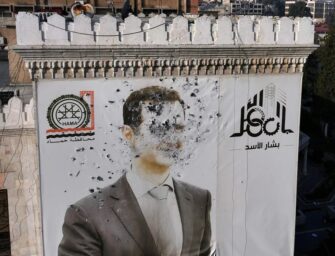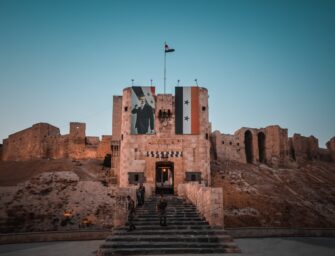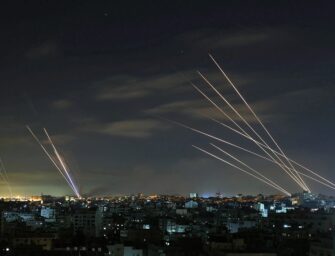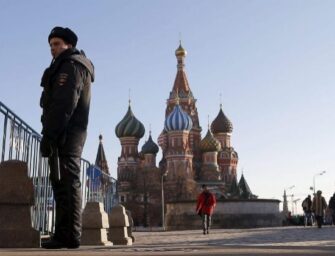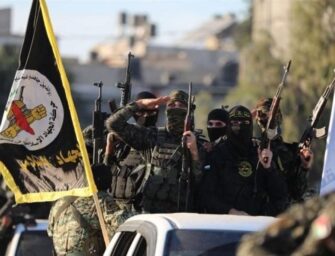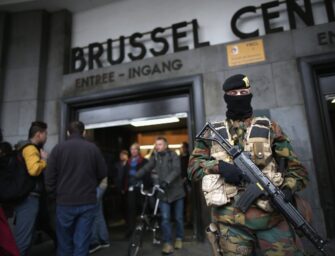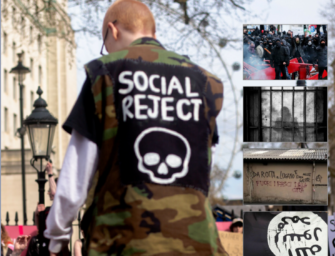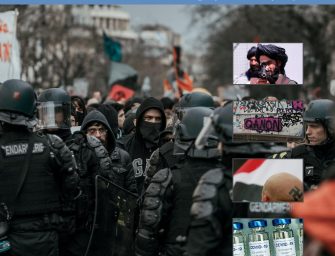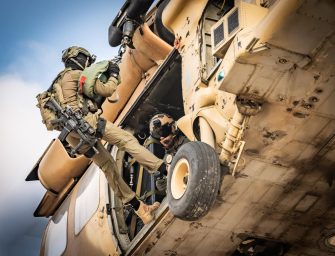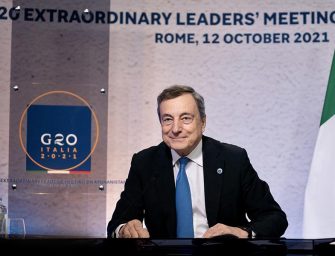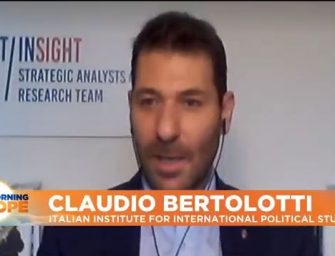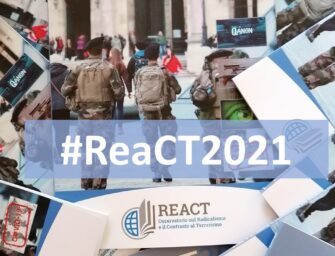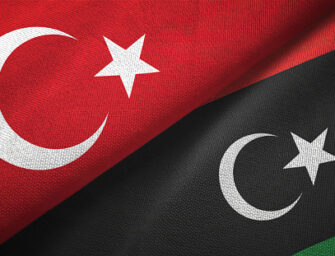Islamic State beyond its territorial component
by Francesca Citossi
Original article available on Ce.Mi.S.S. Osservatorio Strategico 1/2018
We don’t see things as they are. Each of us see things as we are. We are captive of our own particular experience. Therefore, when you deal with people there is not one reality. What seems obvious to you is not obvious to the other party. If you get into the other persons world it makes you so much more effective. You are able to virtually predict their behavior… power is based upon perception.
Herb Cohen in Ep. 33 Negotiations Ninja Podcast May 28, 2018.
The Islamic State has never been a state and this is its strength. Terrorism expands until filling all the room available: it flourishes because the territory is uncontrolled, sometimes uncontrollable, until when the conditions that allowed its surge change the cycle will repeat itself. Military victories are temporary and offhand. The group narrative is based on the 1919 “betrayal” by the western powers that had promised a great Arab state. The world order that was established is then illegitimate and it must be destroyed: this is a long-term objective, which will not be compromised for a mere territory loss. Many states in this area are legitimacy deficient and deeply weak.
Weakened but not defeated, the Caliphate claimed the grounds illegally taken from the Muslims by the Crusaders, it declares itself the unique legitimate government on earth and the believers have the divine duty to live in the reconquered territory.
The community is ideal and idealistic; it shares an even historical ground instead of a real one, myths, an inescapable ancestral memory, a public mass culture that inspires awareness and collective action.
Islamic State: vindication and revenge for the humiliations suffered by the Sykes-Picot agreement and the collapse of the Ottoman Empire
Belonging to this entity goes far beyond the classical and western concepts of a nation-state, it provides to the individuals redemption from the individual’ oblivion, hope for regeneration, salvation from alienation, loneliness and anonymity. It is a source of personal and collective pride, vindication and revenge for the humiliations suffered by the Sykes-Picot agreement and the collapse of the Ottoman Empire. The narrative is based on the rejection of the nation-state world order invented and imposed by the West. It aims to Muslim dominance in Asia and the Middle East: personal frustrations converge into the universal persecution of all Muslims that must be avenged and rectified in the future permanent, regardless of temporary defeats; it is a mission, which will change and save the world.
Prime Minister at Abadi in December 2017, as well as President Trump in January 2018, had declared the final victory: the group had lost 96% of its territory- but the road between Baghdad and Kirkuk during the summer was impassable because of the attacks. IS is withdrawing towards the Anbar desert – inhiyaz ila al-sahra as spokesman Abu Mohammad al Adnani said- to reorganize: the defeat is only military, the organization is being reshaped to adapt to the context and continue to promote the final goal, the realization of the Caliphate.
In August 2018 in Iraq, the Islamic State resumed attacks, killings, kidnappings, fake check-points to seize materials, sabotaging power lines and pipelines, especially in the areas of Diyala, Kirkuk and Salahuddin, accomplice, or because of, the lack of effective control by the central government which, after the May elections, has yet to complete and to stabilize institutional appointments. The parties are still negotiating to form the new government and are seeking for an agreement on power sharing after the heavy accusations of fraud and the outbreak of anti-government protests in the southern provinces, in particular in Basra.
International reactions to counter violent extremism are usually reactive rather than preventive
The attack on Iran in Ahvaz on 22 September was claimed – although it leaves some doubts – even from IS. The Revolutionary Guard responded on October 1st with a launch of missiles in Syria. As early as June 2017, a group of Iranian Jihadist Kurds attacked the parliament and the Ayatollah Khomeini mausoleum: retaliation followed with a launch of six missiles in Syrian territory and in July 2018 with eight executions. Iran refuses to cooperate with Washington in this area because it believes it is a pretext to intervene in the region. Instead, it preferred to provide support to Iraq since 2014 in an anti-IS function: military advisors in Baghdad and weapons were sent to the Peshmerga, taking care not to polarize the differences with the Sunni minority, to provoke protests by the Iraqis or exacerbate sectarian tensions. It favored a strategy of inclusiveness: both Prime Minister al-Abadi and al-Amiri recognized the importance of Iranian support with a view to uniting the country, until a special agreement was signed.
Saudi Arabia has suffered several attacks on its territory in 2015 (Qatife and Dammam mosques, Asir area and a bomb car in Riyadh). The Saudi response has taken different forms: the training and equipment of fighters in Syria (but it is estimated that about 2,500 Saudis have joined the Islamic State). Riyadh has also produced a television series (“Security for the Kingdom”) to fight the propaganda of the group and is active in the control of funds as co-chair of the CIFG, Counter-ISIL Finance Group, the mechanism of the Coalition to monitor loans to IS. It also cut the group out of the international financial system by applying UNSCRs 2253/2015 and 1267/1999 on individuals and entities associated with ISIL and Al-Qaeda and therefore on the sanctions list. The Saudis have increased their contributions to humanitarian agencies operating in Iraq.
the answer to IS has been mainly of a military-security nature
So far, the answer to IS has been mainly of a military-security nature: the Peshmerga and the forces led by Shiite groups supported by Iran in Iraq have direct experience with the United States and France support.
International reactions to counter violent extremism are usually reactive rather than preventive: these short-term strategies have limited scope because they do not imply ideological eradication.
The current territorial defeat of the group does not affect the potential of this phenomenon, since the assessment only of the physical dimension is limited, insufficient to measure a media revolution, a communicative, religious and social innovation. The map is not the territory; a military defeat is marginal if the idea, a dream of a Caliphate, persists.
Military defeat is only one aspect of the matter, and not even the most important. When instability persists, the soil is fertile. The fighters have not disappeared, and even if so, there would be many ready to replace them. The Caliphate is not defeated because the aspirations and conditions that led to the project formulation persist; they are impermeable and superior to temporary assessments. The complete disappearance is far away, since the organization has simply become clandestine: it is a cyclical process, not a linear one. From the mode of “government” of the territory it has moved to insurgency. There is no direct link between the loss of territory in Syria and Iraq and its ability to continue recruiting followers by cultivating divisions of various kinds among the populations of this area. The territorial collapse has created a diaspora that now escapes any territorial measurement – as happened to Al Qaeda who survived in Iraq, withdrawing and then re-appearing in Syria in 2011.
the Islamic State has evolved into a global clandestine network
According to the latest report presented to the UN Security Council, the Islamic State is still strong of around 30,000 fighters divided between Iraq and Syria, but above all it has evolved, especially on the Iraqi territory, into a global clandestine network. The discipline, finances and security are intact, the coordination office for logistics and immigration work, the exploitation of oil resources continues, the survivors follow the indications of the spokesman Abu al-Hassan al-Muhajir and Abu Bakr al- Baghdadi remains at the helm. Command and control have been damaged, many planners and leaders have been killed, the flow of foreign fighters has stopped, but the General of the US Army Paul Funk believes that the conditions for the return of the group persist, they are sharpened indeed: the reduction of terrorist attacks is temporary, a pause for reorganization.
Furthermore, the unresolved issue of the families of the combatants that survive in refugee camps in Syria and Iraq is not to be underestimated. This is a very favorable situation to lead to the creation in a few years of new cells, a generation fueled by the resentment, ostracism and marginalization they are undergoing. They are thousands of women and children rejected by their national states, or stateless, detested by the communities who want to take revenge on them or, simply, they do not want to deal with them, and embassies resist their requests for return.
IS has, since its inception, specifically orchestrated propaganda to attract young people, exploiting the natural search for identity, the recurrent rebellion against families and the frustration among the most disadvantaged social classes. Despite reports and information sent to Baghdad on thousands of families in serious trouble, the central government has not responded, leaving the local authorities to deal with them.
The fight against IS is effective through a better coordination of intelligence between the various systems at national and international level, political stabilization, the fight against extremist ideology and with a clear cut to financial support and supply of arms.
A real political stabilization of Syria and Iraq is necessary, and in particular an agreement with the Sunni populations. The new Iraqi government, dominated by Al Sadr even if he has not obtained a full victory in terms of parliamentary seats, if it does not make progress in the power sharing with respect to Maliki’ sectarian policy will face the same problems. Re-establishing effective security for all populations, beyond sectarian divisions, requires a strong commitment to security while respecting ethnic groups.
The ideological battle can only be victorious if it invests directly in the young generations of extremists, through a long-term educational strategy that attacks the radical ideology at its roots, with programs for recovery and reintegration within the communities: eradicating toxic ideologies in a society can require much time, as the German case proved after the Second World War, but it is the only lasting strategy. The fight against IS is essentially a battle for minds, not a clash of civilizations or a territorial contest.










